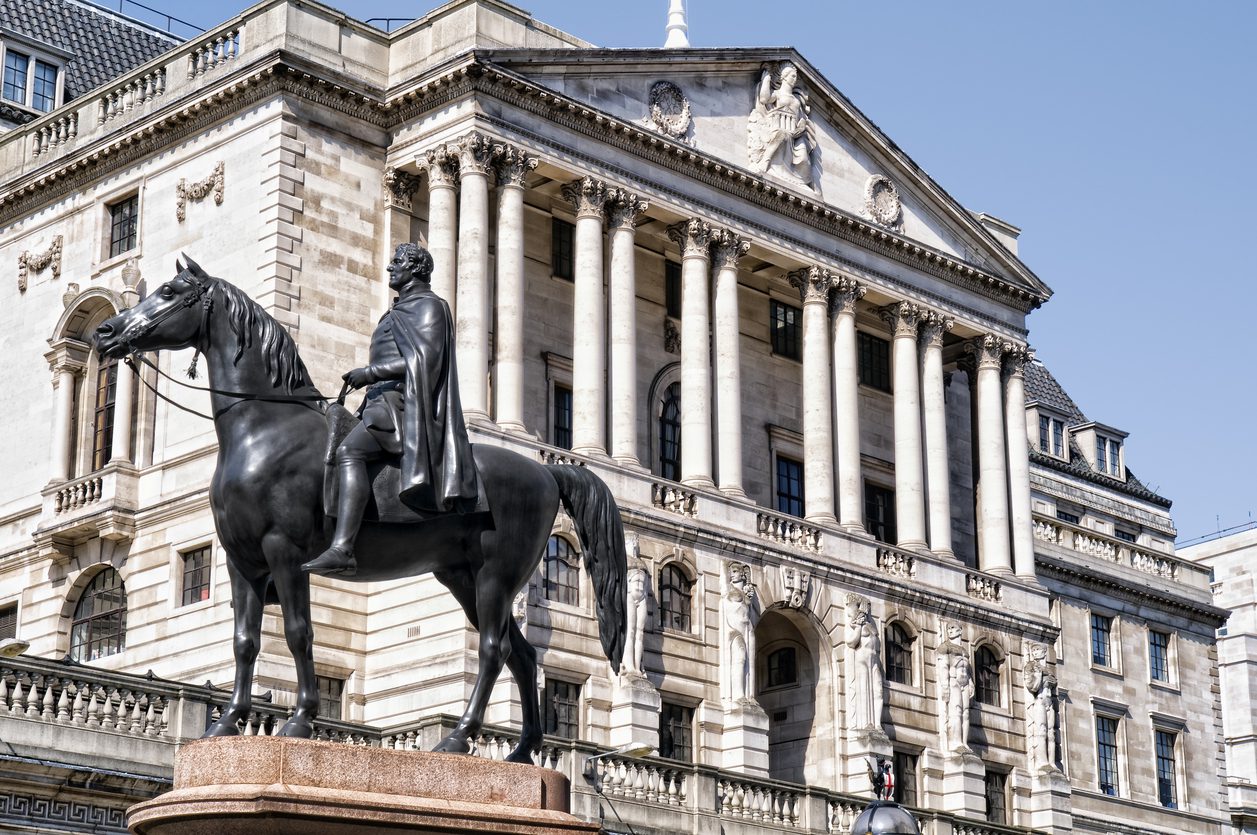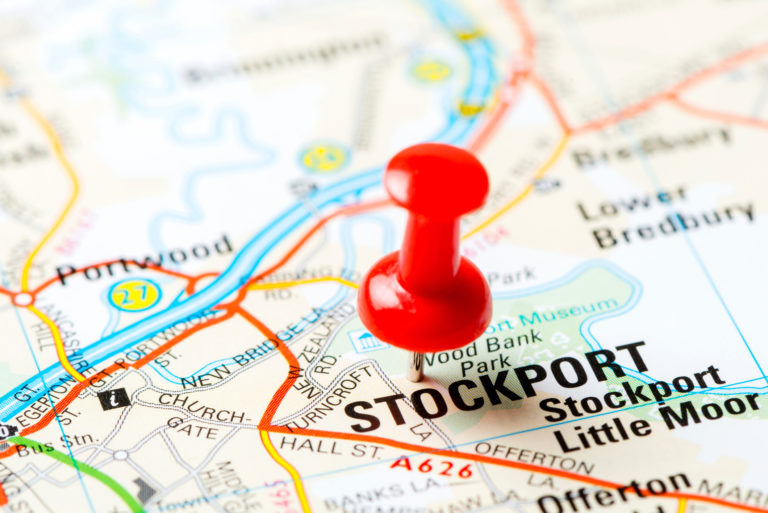The vaccination program and the loosening of lockdown restrictions are helping the economy recover quicker than expected. How is this impacting the UK property market?
Due to the COVID-19 pandemic, the UK has faced the biggest economic downturn in 300 years. In 2020, the economy contracted by 9.9%. However, the Bank of England is forecasting a stronger economic recovery than previously thought. With lockdown restrictions lifting, there is confidence returning.
The long-term impact of the pandemic on the economy is smaller than previously expected. In 2021, the central bank is predicting the economy to expand by 7.25%. This surge in growth would be a return to the size of the UK’s economy in 2019 as the economy is set to grow at the fastest rate in more than 70 years.
Andrew Bailey, the governor of the Bank of England, says: “I don’t think we’ve had a bounce-back quite of this nature, certainly in modern times.”
There is currently more confidence towards the UK’s economic recovery from COVID-19. The boss of Barclays, Jes Staley, is also predicting the most significant economic boom since 1948, according to the BBC. One of the factors behind this is because of the successful rollout of the vaccination program.
Unemployment levels
Throughout the pandemic, government support has helped limit job losses, which has been a major concern since the start of the pandemic. In February, the Bank of England expected the unemployment rate to peak at 7.75%.
Chancellor Rishi Sunak announced an extension to the furlough scheme in the Spring Budget. The scheme is now in place until the end of September. Because of this support, the bank now predicts unemployment levels to peak at 5.5% later this year.
Savings
Recently, Barclays has estimated that an additional £200bn is sitting in company and customer bank accounts. Lockdown restrictions have put many activities on hold and forced many to work from home, allowing some households to save money.
According to the Bank of England, households have saved over £150bn in extra savings since the start of the first lockdown in March 2020. As the economy returns to normal, the central bank forecasts households will spend an estimated 10% of this extra cash.
The economy is expected to continue gathering pace as more businesses are allowed to open. This could lead to a spending boom as consumer confidence is increasing after successive lockdowns.
Interest rates
The Bank of England has once again voted to keep the base interest rate at the record low of 0.1%. In March 2020, the central bank cut the base rate to 0.1% and has kept it there ever since.
Lower interest rates make borrowing cheaper for households and businesses. This will continue to keep interest rates for mortgages down. Mortgage rates have remained particularly competitive in recent months.
UK property and housebuilding
Homemoving in the UK property market plays an important part of the economy. Homemovers contribute an estimated £12bn ever year to the economy, delivering more than 3% GDP each year. The consumer group will continue to help the UK’s economic recovery from COVID-19.
The stamp duty holiday, along with low interest rates and a change in people’s work-life balance, has caused a boom in the property market. This has provided a boost to the economy as many homebuyers and property investors have moved forward property buying plans to take advantage of this tax holiday.
This has caused buyer demand to surge to record levels. Supply has struggled to keep up with this increase in demand. However, with lockdown restrictions lifting further soon, more sellers are expected to put their houses on the market. This could allow more buyers to take advantage of the tapering period of the stamp duty holiday, which is in place from 1st July to 30th September.
With this strong demand for UK property, there is growing confidence in the housebuilding sector as well. The government has supported the sector throughout the pandemic and plans for the UK to “build build build” to recovery. And demand for new-builds has increased significantly among investors and homebuyers, further boosting the housebuilding sector.










